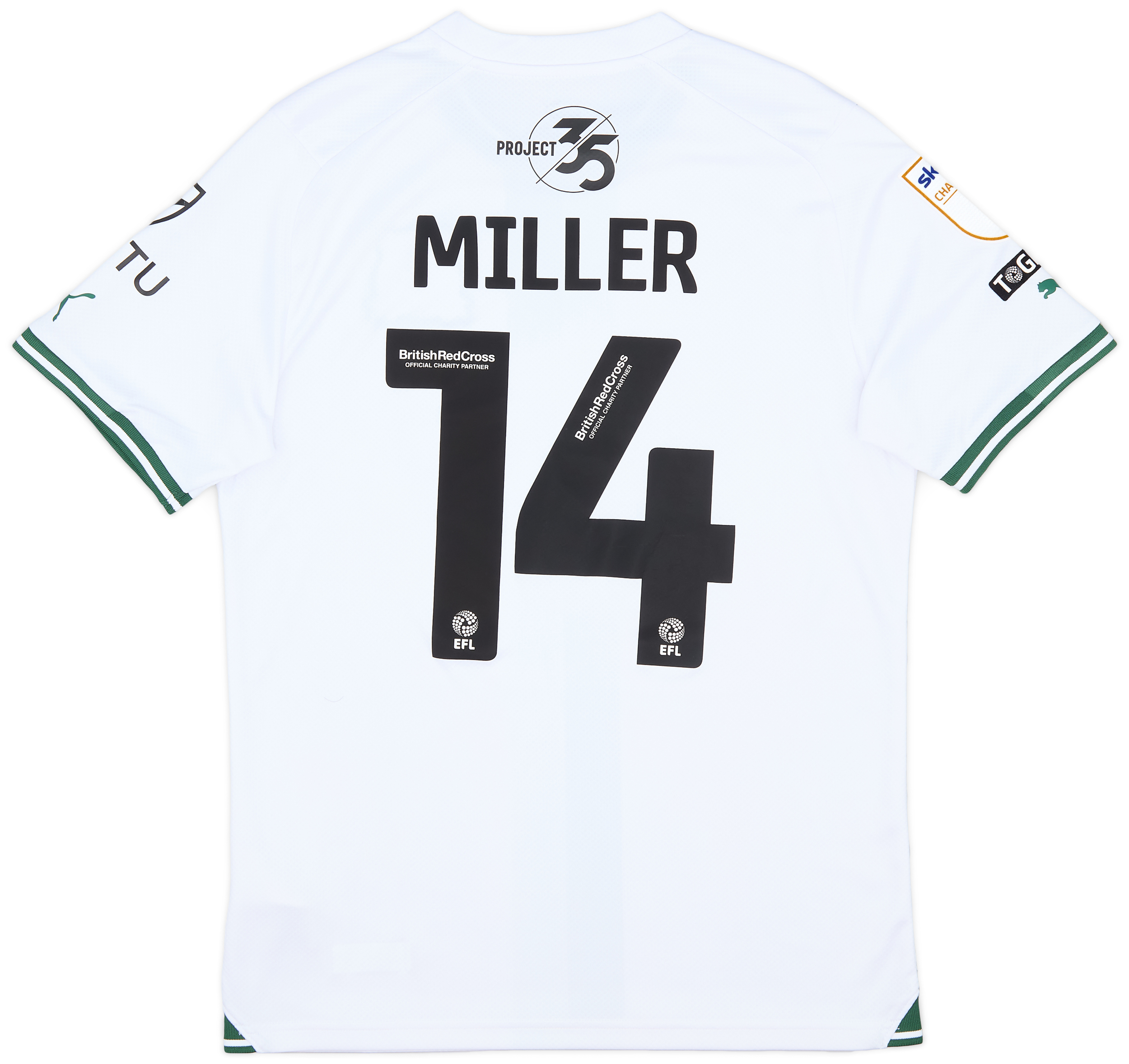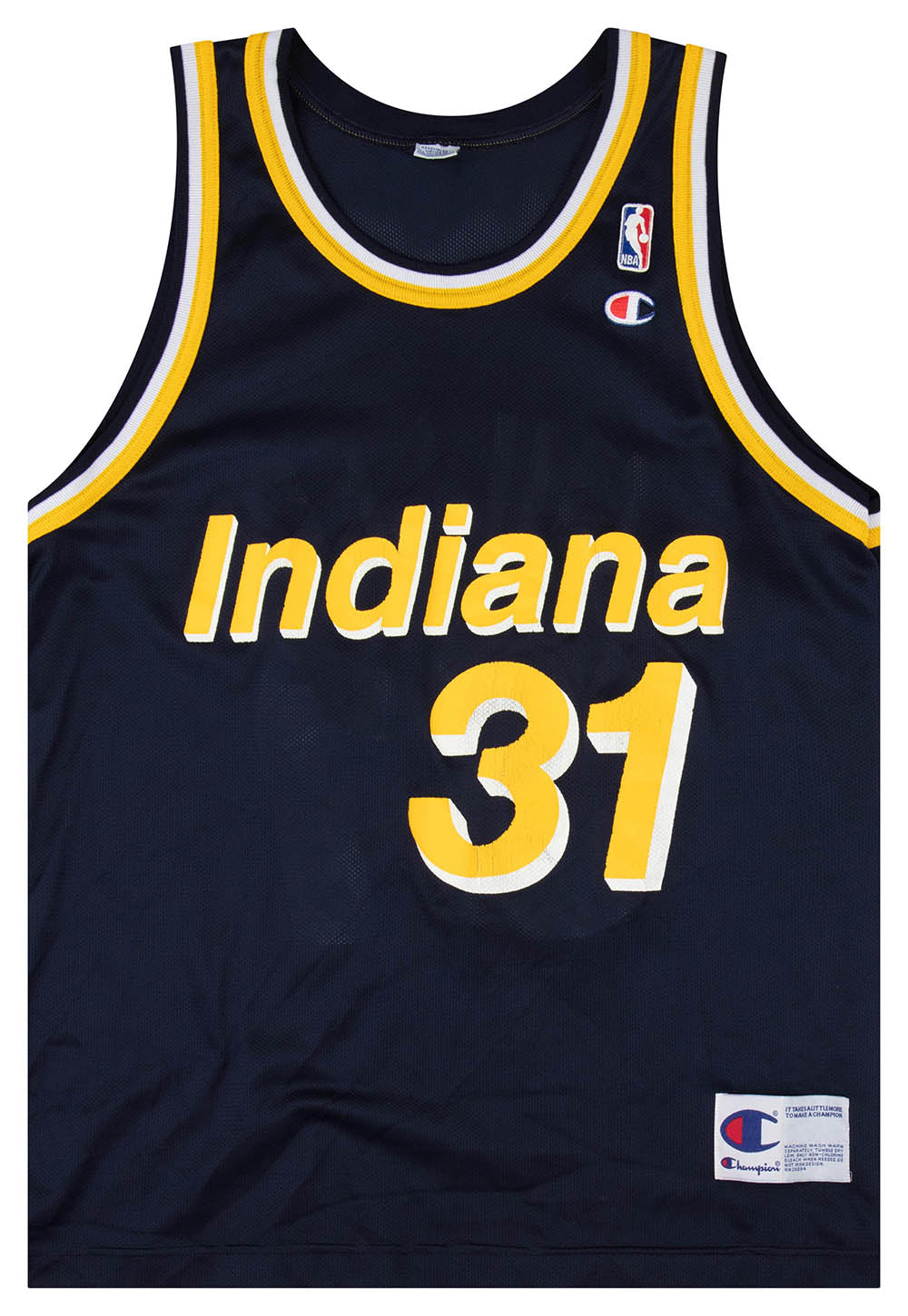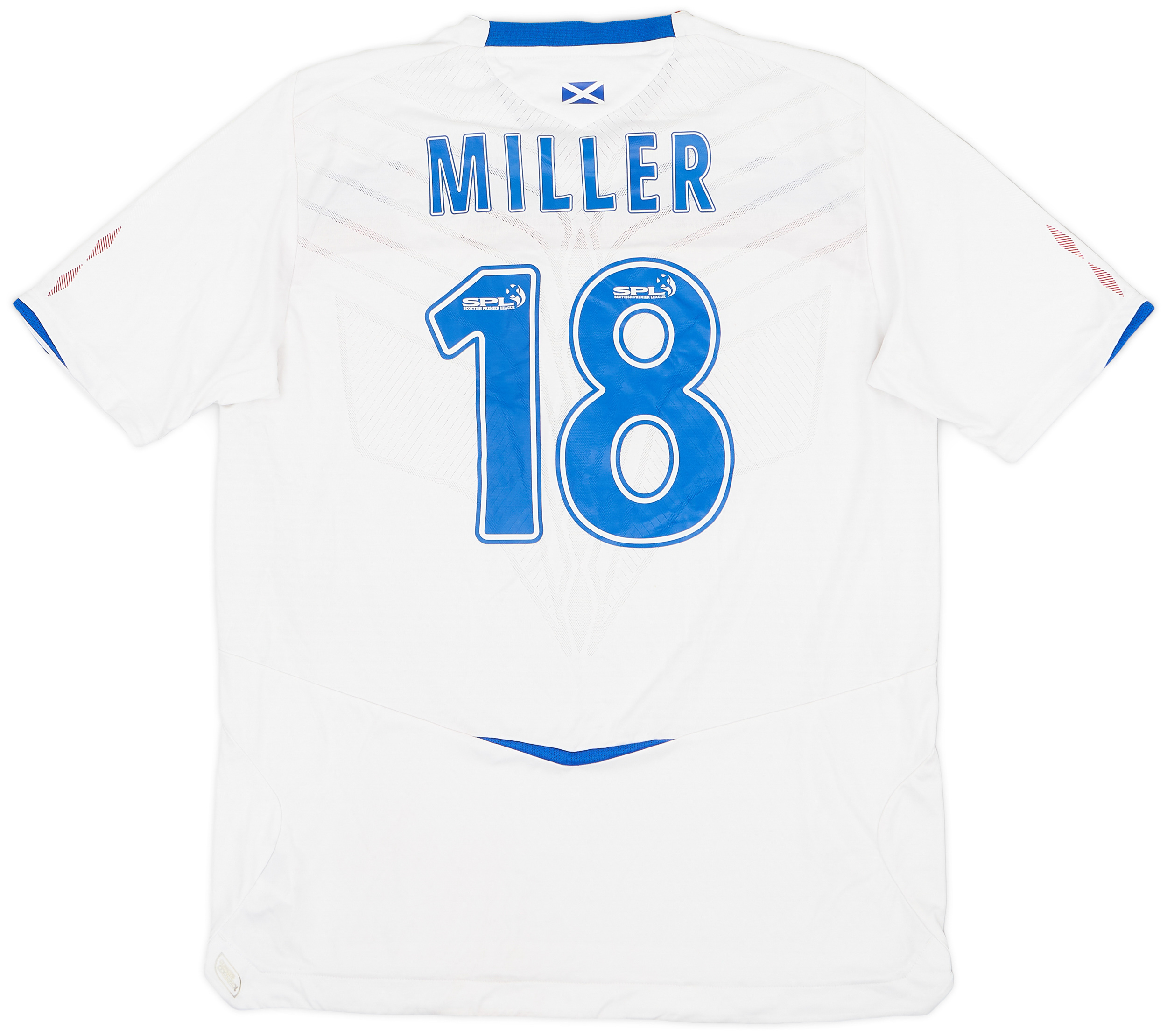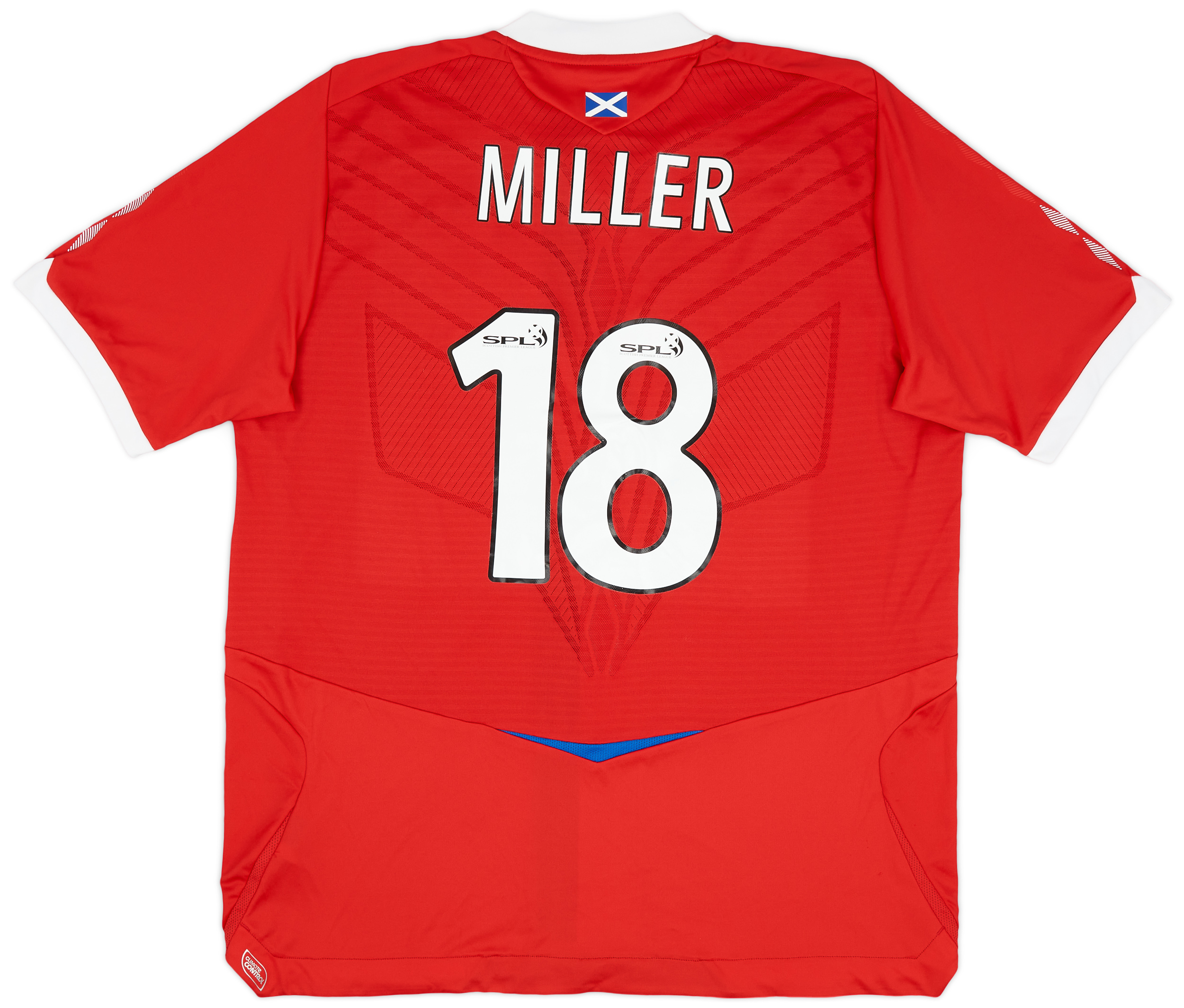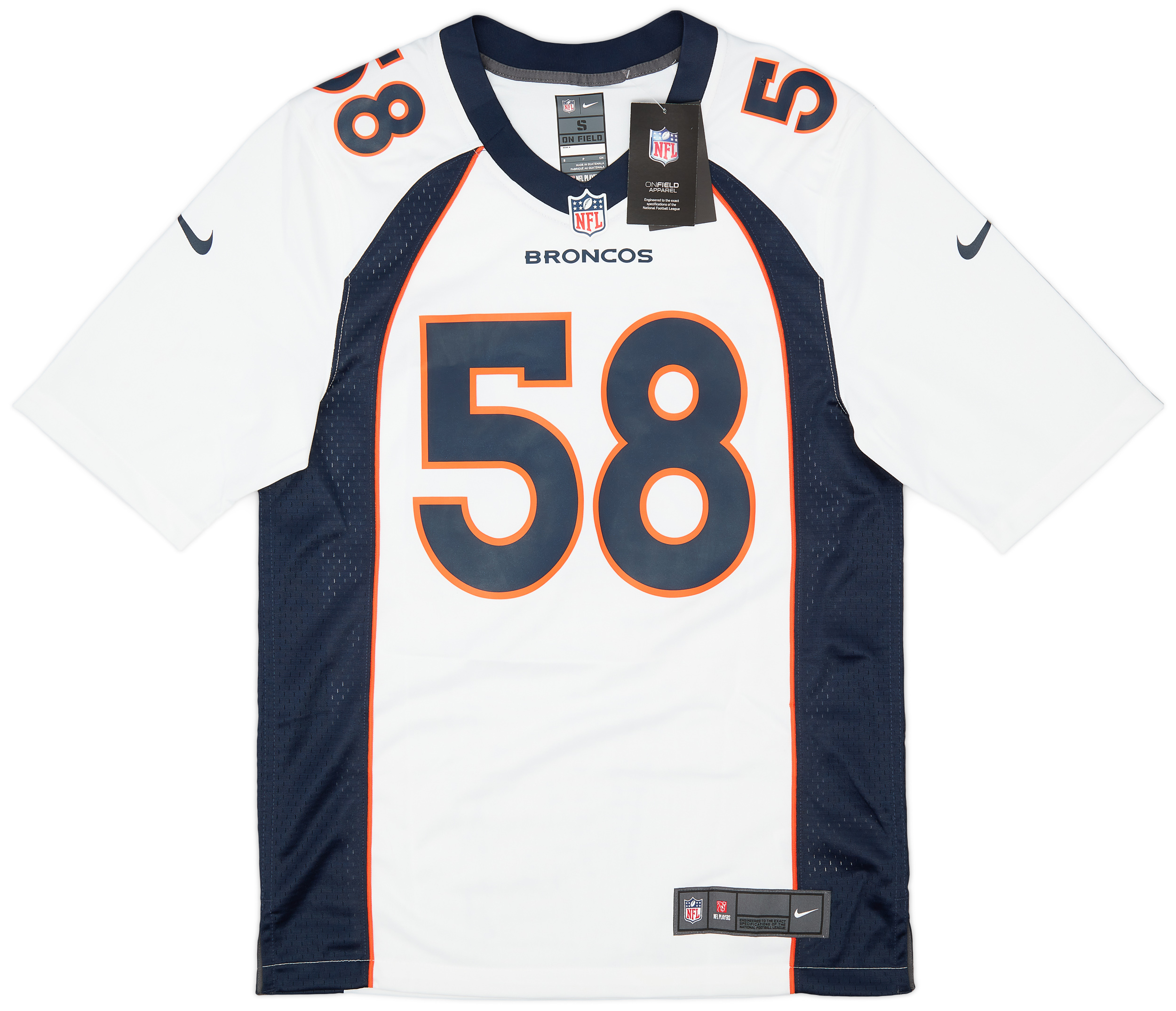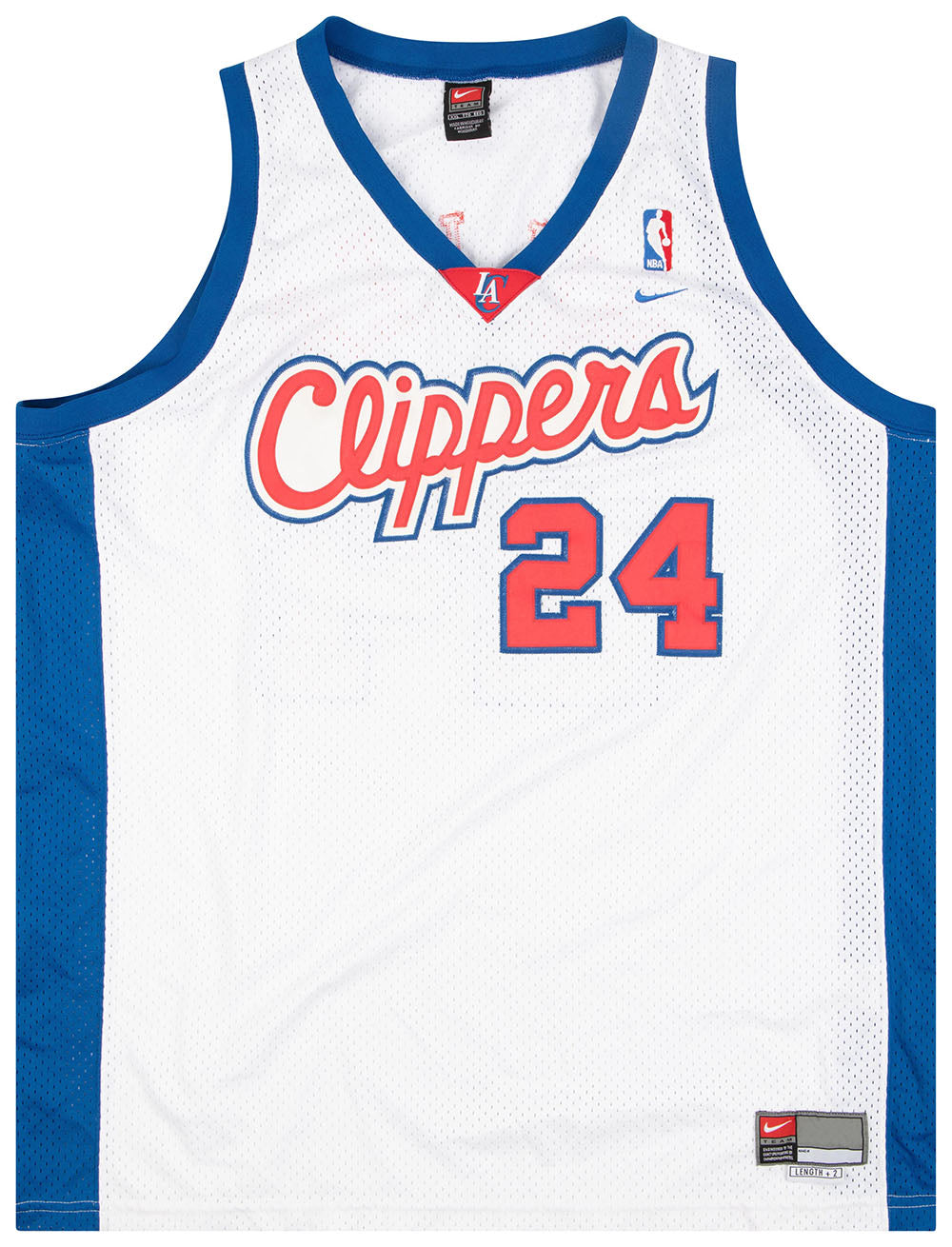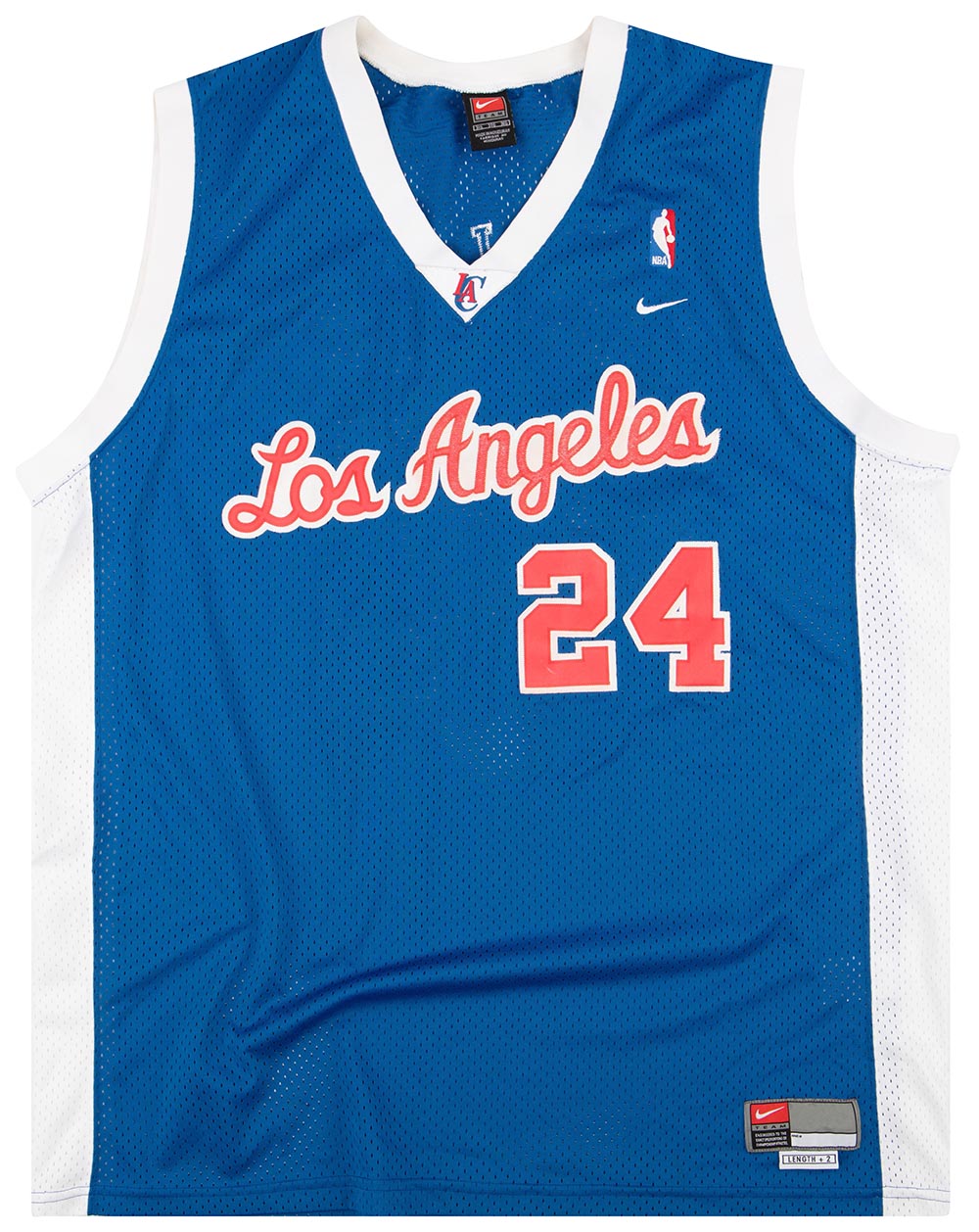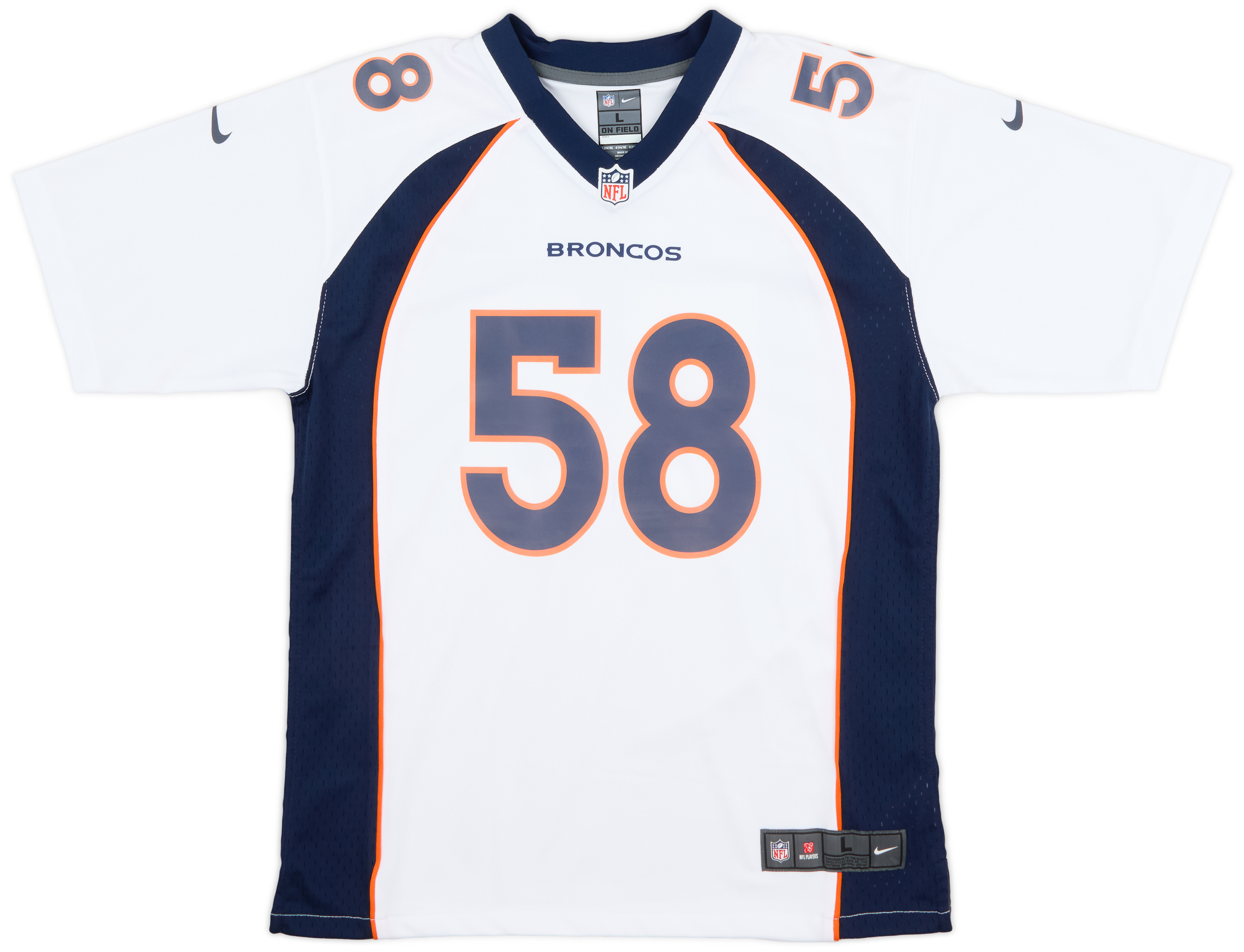Anthony Miller
Introduction The allure of retro football shirts captivates enthusiasts and collectors around the globe. One such iconic shirt belongs to Anthony Miller, a former player who left an indelible mark in football history. This retro shirt represents not just a piece of fabric, but a period of remarkable achievements and unforgettable moments on the pitch. […]
2023-24 Plymouth Match Issue Away Shirt Miller #14
118.99£ - ca: €140
1995-97 Indiana Pacers Miller #31 Champion Jersey (Away) L
94.99£ - ca: €112
2008-09 Rangers Away Shirt Miller #18 - 9/10 - (XL)
82.99£ - ca: €98
2008-09 Rangers Third Shirt Miller #18 - 8/10 - (XL)
82.99£ - ca: €98
2013-21 Denver Broncos Miller #58 Nike Game Away Jersey (S)
70.99£ - ca: €84
2005-06 Karlsruher GK Shirt Miller #1 - 7/10 - (S)
70.99£ - ca: €84
2007-08 Karlsruhe GK Shirt Miller #1 - 6/10 - (S)
58.99£ - ca: €70
2002-03 La Clippers Miller #24 Nike Swingman Jersey (Home) XXL
51.99£ - ca: €61
2002-03 La Clippers Miller #24 Nike Swingman Jersey (Alternate) 3XL
35.99£ - ca: €42
2013-21 Denver Broncos Miller #58 Nike Game Away Jersey (L.Kids)
29.99£ - ca: €35
Introduction
The allure of retro football shirts captivates enthusiasts and collectors around the globe. One such iconic shirt belongs to Anthony Miller, a former player who left an indelible mark in football history. This retro shirt represents not just a piece of fabric, but a period of remarkable achievements and unforgettable moments on the pitch. In this article, we will explore Anthony Miller’s career, his accomplishments, and the compelling design of the shirt he wore.
Player’s Career
Anthony Miller boasted a distinguished football career primarily spent at Nottingham Forest from 1980 to 1988. During this period, he became a formidable forward known for his speed and dribbling skills. Miller made a total of 212 appearances for the club, scoring 47 goals. He began his professional career at Newcastle United, playing from 1978 to 1980, but it was at Nottingham Forest that he truly flourished. His time at the club coincided with significant successes, reflecting the growth of his personal and professional journey.
Achievements
During his tenure at Nottingham Forest, Anthony Miller achieved remarkable success. He was part of the squad that secured the two divisions of the Football League in consecutive years: the First Division title in 1977-78 and the Second Division title in 1980-81. Additionally, Miller contributed to the club’s success by winning the FA Cup in 1980. His pivotal role in these triumphs established him as a key player in Nottingham Forest’s history, further entrenching his legacy within the club.
Notable Moments
Numerous memorable moments define Anthony Miller’s time at Nottingham Forest while wearing his iconic retro shirt. One notable highlight came during the 1989 FA Cup Final, where he delivered a tremendous performance against Liverpool. His attacking prowess and vision contributed greatly to Nottingham’s 3-2 victory. Furthermore, Miller’s powerful goal against fierce rivals Derby County in 1987 is still celebrated by fans. These moments exemplified his impact on the club and showcased his skill and determination on the pitch.
Shirt Design and Features
The retro shirt worn by Anthony Miller is a striking representation of 1980s football fashion. It features the classic red color associated with Nottingham Forest, combined with white accenting that gives it a distinctive appearance. The shirt is adorned with a minimalistic collar and a unique pattern that blends elegance with functionality. The club’s badge is prominently displayed on the left chest, symbolizing pride and loyalty. This shirt embodies both style and spirit, making it a sought-after collectible among vintage football shirt enthusiasts.
Fan Significance
This retro football shirt holds a special significance for fans of Nottingham Forest. For many supporters, it symbolizes a glorious era of the club’s history, filled with triumphs and milestones. The memories associated with players like Anthony Miller resonate deeply within the fanbase. Collectors often seek out this shirt to pay homage to the legacy of the club and its remarkable players. Its significance extends beyond its fabric; it represents camaraderie, passion, and the love for the beautiful game.
Conclusion
In conclusion, the retro football shirt worn by Anthony Miller is far more than just a piece of sportswear. It signifies an impactful career filled with notable achievements and moments that defined an era for Nottingham Forest. As we reflect on Miller’s contributions and the design of the shirt, we appreciate its place in football history. This retro shirt remains a cherished emblem for fans and collectors alike, capturing the essence of a time when the game flourished, and legends were born.
